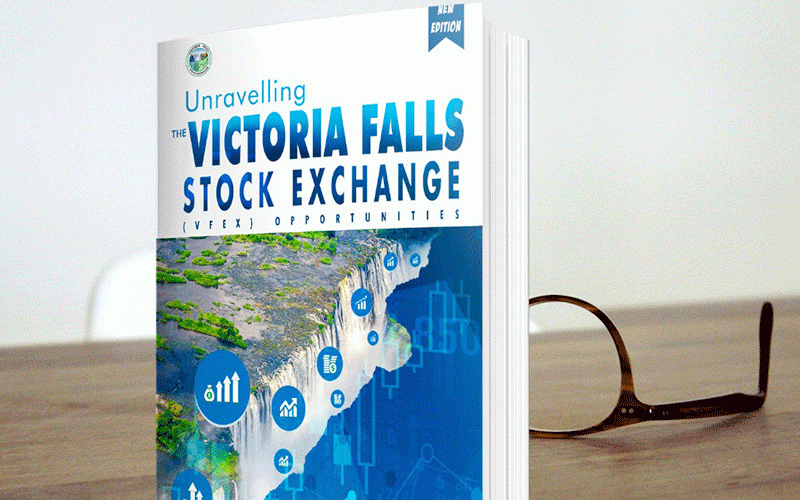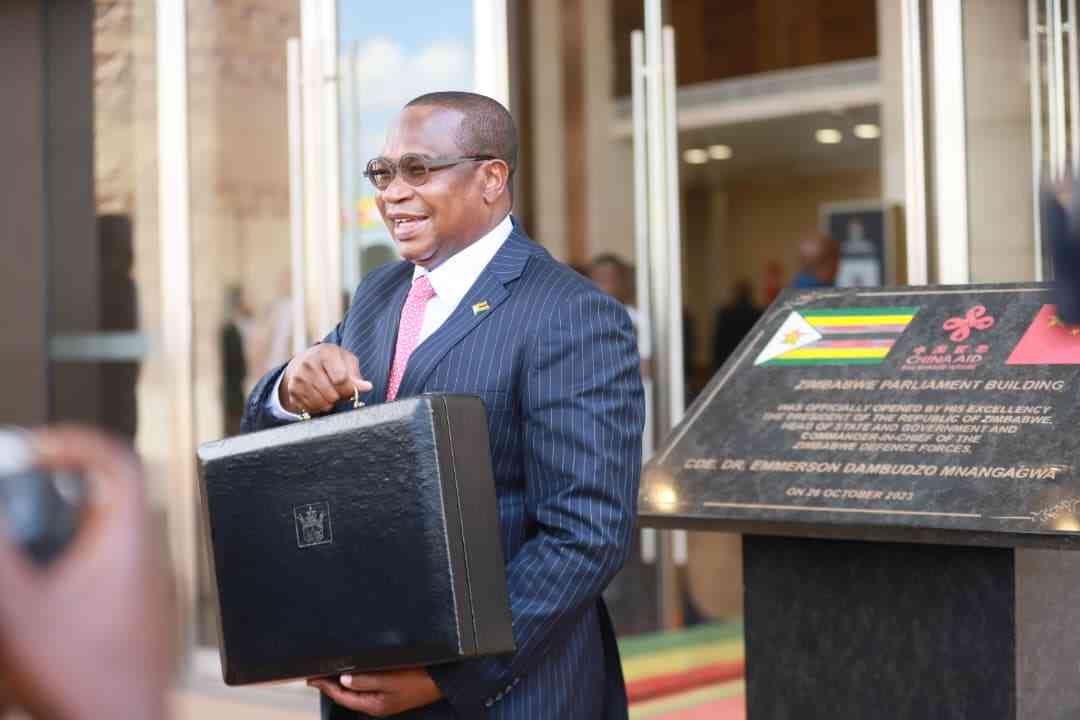
The Victoria Falls Stock Exchange (VFEX) has lost about US$40 million of its market capitalisation since the announcement of the disputed elections results, signalling short term uncertainty on the waterfall bourse.
A day before the harmonised elections were held last month, the VFEX market capitalisation was US$1,21 billion, according to the Zimbabwe Stock Exchange (ZSE).
Zimbabwe held its polls on August 23 and 24.
As of Thursday last week, the ZSE reported that the VFEX market capitalisation was US$1,17 billion, a drop of nearly 4% from the day before the elections.
MMC Capital executive director Itai Chirume told Standardbusiness that anything that causes uncertainty in the market would lead to investors being hesitant to commit capital.
“If between now and some future date, we are not sure of what the political situation is going to be – like we said – we have got Sadc (Southern African Development Community) riding a process and we are not sure what is happening,” he said.
“All I am saying is that while that is happening, while that uncertainty persists, you are likely to see a hesitation or commitment of investment capital onto the markets.”
He said that people wanted to invest in more predictable and more settled environments.
- Fresh warning over gold coins
- International Book and Copyright Day, in the context of reading culture and climate change
- Fresh warning over gold coins
- 'Market discipline difficult to maintain'
Keep Reading
Chirume noted that it is easier to take out money from the VFEX as it had easier exchange controls and thus attracts a lot of foreign investor participation.
“It depends on whether an investor wants a situation where at one time, he is disadvantaged and the other time he is not disadvantaged,” he said.
“That alone, may be a source of risk that could deter investors.
“So, the very fact that there can exist two different exchange rates (formal and informal) is not ideal,” he added.
“I think markets want to deal with one exchange rate and then when you are forecasting the future to say fine, if we remain in the country for the year, where do we see the exchange rate?
“Then you can plan and commit.
“But, where there is a situation where today the rates are close to each other, tomorrow they are wide, and so on, and so forth, that presents all sorts of challenges.”
The day before elections the VFEX all-share index, a measure of the all the 13 listed counters on the bourse, was 71,18 which has since fallen to 68,2673 as of Thursday.
According to financial services firm, IH Securities the VFEX saw a 5,18% growth in market cap to US$1,23 billion in August on account of growth in four of its counters.
“Axia saw the largest gain in the month, increasing 43%, whilst Innscor and Simbisa followed with gains of 24% and 12% respectively.
“Meanwhile, newcomer Zimplow continued to downtrend as it lost 16% in the period, following an 8% loss in July. Bindura Nickel Company registered the largest loss, declining 20%,” IH Securities said in its recent August monthly report.
“Volumes on the VFEX decreased 10,14% from July to 9,64 million whilst total value traded fell 28,14% to US$1 million.
“Simbisa and Innscor accounted for 72% of liquidity in the market. Axia saw the highest traded volumes at 3,51 million shares followed by Simbisa with 2,25 million shares traded.”
IH Securities continued: “In the short term, the VFEX is expected to be a buyers’ market with liquidity conditions expected to possibly ameliorate from dividend re-investments.”
Chirume said what would affect foreign investor sentiment is if there was something that happened to prevent these investors from taking their money out of Zimbabwe easily.










